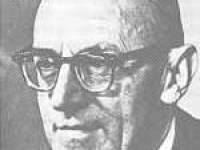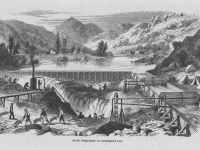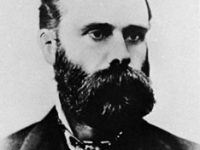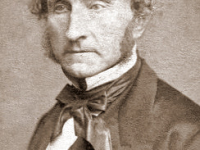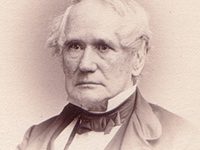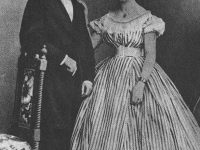Oskar Morgenstern and the Game Theory
On January 24, 1902, German-American economist and mathematician Carl Friedrich Alfred Oskar Morgenstern was born. Morgenstern popularized “game theory” which mathematically analyzes behaviour of man or animals in terms of strategies to maximize gains and minimize losses. He coauthored Theory of Games and Economic Behavior (1944), with John von Neumann, which extended Neumann‘s 1928 theory of games of strategy to competitive business situations.[4] “As far as the use of mathematics in economics…
Read more

